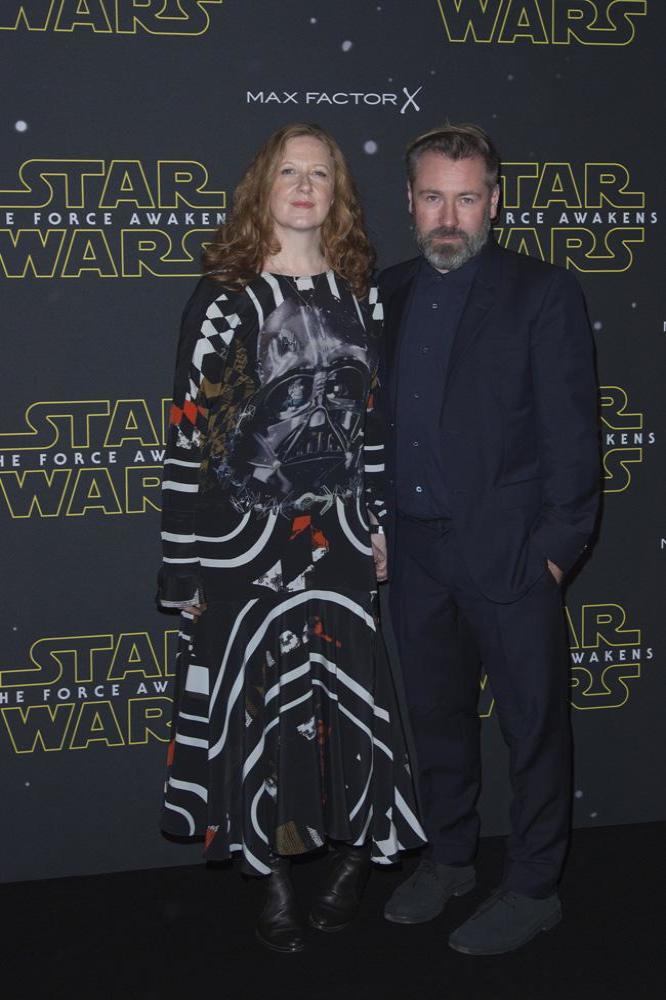Thea and Justin Bregazzi design garments to "look good" on Instagram.

Thea and Justin Bregazzi
The creative couple - who founded their designer label Preen in 1996 - have admitted they photograph their garments to see how they look on a mobile phone and create new pieces for their clients to ensure they photograph well and are aesthetically pleasing as a "static image".
Speaking to The Guardian newspaper about their masterpieces, Justin said: "We photograph the clothes all the time so we can see how they look on the phone. All of our biggest clients are on Instagram so we design things that will photograph well and look good as a static image."
And social media has led the pair to refine their designs.
Thea added: "We used to be all about black and grey, but that doesn't sell online.
"If you do black now, you have to add a graphic element to grab attention."
Thea has also revealed the lifestyle of her muse has had an impact on what she designs.
She explained: "When we design, we think about the way people are working and living, what's going on. I'm very interested in why certain people want to wear certain styles at certain times. It's all wound up with culture, politics, everything's in the mix."
Meanwhile, the fashion designers have admitted they have "never" felt Preen has been the most popular fashion brand and are surprised their garments have been adorned by a large number of celebrity clientele.
Justin said: "We've never been the next big thing."
Thea added: "But when Gwyneth Paltrow wore it to the 'Ironman' premiere in 2008, sales went through the roof."
However, Thea doesn't think Preen would have been successful if her and her spouse had of broke into the fashion industry immediately after completing college like most designers who are currently at the helm of the fashion industry.
Thea said: "We would not have survived if we'd come out of college and had to be slick from the start. Nobody at London Fashion Week really knew what they were doing back then.
"Other people in the industry would point out what you were doing wrong and help out."

